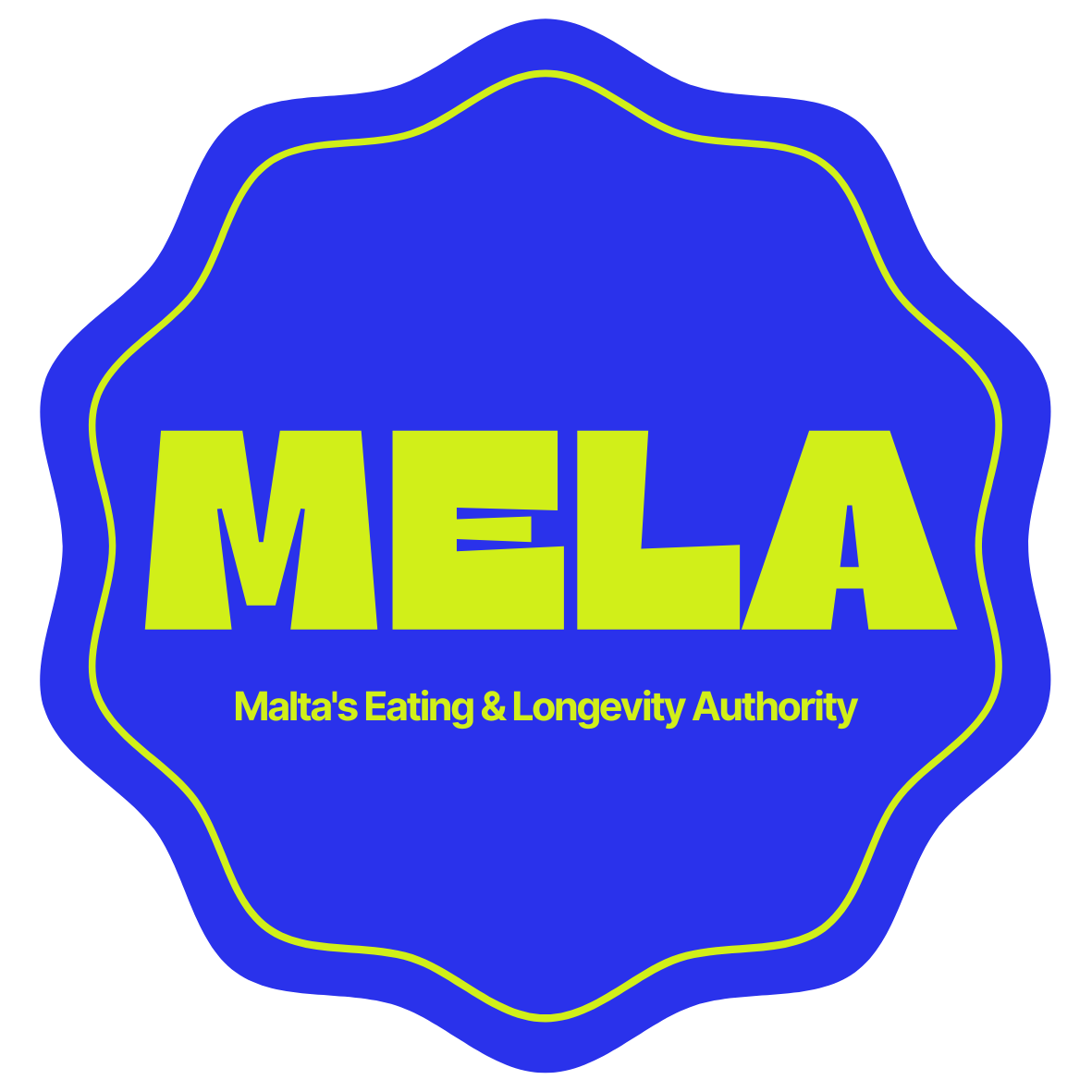Shocking Truth: Did you know that Malta’s affluent residents spend 13 times more on dental care annually compared to lower-income groups? While the country’s universal healthcare system provides access to basic dental services for all, the disparity in oral health outcomes serves as a stark reminder that wealth can literally shape your smile.
This article dives into the socio-economic dimensions of dental care in Malta, uncovering insider tips, shocking statistics, and actionable advice for anyone looking to improve their oral health, whether you aim for that “million-dollar smile” or simply enjoy a cavity-free lifestyle. Stay with us as we bridge science, accessibility, and luxury dental treatments to create a comprehensive view.
Why Are “Rich People Teeth” Trending in Malta?
Malta’s thriving service-driven economy has intensified wealth stratification, especially in areas such as healthcare. According to the September 2026 report on dental health and socioeconomic status, affluent residents exhibit significantly healthier dental outcomes with an average of 1.2 decayed, missing, or filled teeth (DMFT) versus 3.8 DMFT among lower-income groups. These statistics underline the clear correlation between higher-income levels and access to premium dental care.
The term “rich people teeth” symbolizes more than aesthetics; it refers to a holistic dental approach that includes routine hygiene appointments, cosmetic procedures like veneers, and advanced treatments such as dental implants. This trend reflects the growing willingness among Maltese high-income individuals to spend as much as €2,400 annually on private dental services.
.png)
Cost Breakdown: Annual Spending on Dental Health in Malta
Affluent residents have their smiles polished with costly cosmetic procedures, while the less fortunate struggle with public healthcare queues. Here is how dental spending stacks up:
| Income Group | Average DMFT | Annual Dental Spend (Private Services) | Public Services Dependency | Procedures Common |
|---|---|---|---|---|
| High-Income Individuals | 1.2 | €2,400 | Rarely | Veneers, Implants, Aligners |
| Lower-Income Groups | 3.8 | €180 | Frequently | Routine Cleaning, Fillings, Extractions |
This disparity is largely fueled by differences in access to advanced dental technologies, preventive care, and routine maintenance.
The Psychology Behind Perfect Smiles: Why Affluent People Invest in Teeth?
Health + Confidence = Success
Healthy teeth contribute to far more than just physical well-being, they affect confidence, social status, and even perceptions of success. A study by the OECD revealed that individuals with whiter, straighter teeth are perceived as 20% more attractive and 30% more competent in professional settings. These data points explain why wealthier groups prioritize oral aesthetics.
What Can Locals Learn From Affluent Dental Habits?
While we all want a stunning smile, exclusive access to treatments isn’t limited to high-income groups. Embracing habits borrowed from the rich can make advanced dental health a reality for anyone:
1. Preventive Maintenance Is King
Affluent groups attend hygiene appointments every 3–6 months, whereas others rely on annual visits. The good news? By optimizing your dental routine at home, you can achieve nearly comparable levels of hygiene.
2. Prioritize Invisalign Over Traditional Braces
High-income individuals often choose subtle aligners. While slightly more expensive, clear aligners reduce the stigma associated with wearing braces, especially for adults. Explore Invisalign options available via Malta’s private network to upgrade your bite discreetly.
.png)
Game-Changing Advanced Treatments: How Wealthy Maltese Residents Maintain Perfect Teeth
Affluent residents of Malta have access to cutting-edge dental services that lower-income groups often cannot afford. Here’s a closer look at the procedures defining “rich people teeth”:
Dental Veneers
Thin porcelain layers cover any imperfections to produce flawless smiles. According to Wikipedia, veneers are among the fastest-growing cosmetic dental procedures worldwide.
Full Dental Implants
These titanium posts mimic natural tooth roots and restore lost teeth with unparalleled durability. Private clinics report a 90% satisfaction rate over 10 years for implant patients, proving their effectiveness.
Cosmetic Whitening
While basic whitening is available through drugstore products, wealthy patients opt for laser whitening that takes results to the next level.
Tips for Achieving Luxury Dental Care on a Budget
Even if private cosmetic treatments aren’t feasible, locals can still make strides in oral health. Here’s how:
- Adopt Expert Oral Hygiene: Brush twice daily with fluoride toothpaste, floss once, and pair with mouthwash to reduce plaque.
- Seek Local Veneer Alternatives: Maltese clinics offer composite veneers as affordable alternatives to porcelain.
- Explore Public Dental Upgrades: Ask for premium material upgrades during fillings or crowns.
- Focus on Nutrition: Incorporate calcium-rich diets with eggs and dairy for optimal tooth strength. The Mediterranean diet is a natural ally.
Maltese Dental Health: Opportunities Amid Challenges
While Malta’s public healthcare system attempts to offer universal dental coverage, the reality reflects unmet needs. By using platforms like Statista Market Forecast and optimizing available resources, locals can prioritize dental health without breaking the bank.
The Future: Making Rich People Teeth Accessible for All
Malta must bridge the gap between public and private dental care to ensure healthier smiles across all socioeconomic groups. Innovations like AI-driven predictive models might soon optimize public service offerings while creating budget-friendly solutions inspired by luxury dental practices.
Are you ready to transform your smile without a luxury price tag?, start by exploring local clinics and DIY options.
Conclusion
In examining the fascinating correlation between wealth and dental health in Malta, one thing is clear: your smile often mirrors your access to resources. While affluent individuals enjoy world-class dental treatments, cutting-edge cosmetic procedures, and routine preventive care, the path to “rich people teeth” doesn’t have to remain exclusive to high-income groups. By prioritizing oral hygiene, seeking affordable alternatives, and leveraging public health services to their fullest potential, anyone can make strides toward a healthier, brighter smile.
As Malta navigates growing disparities in healthcare accessibility, initiatives to bridge this gap will prove crucial for promoting equality in oral health outcomes across socioeconomic groups. The future holds promising possibilities, including advancements in AI technology that could provide affordable and innovative solutions for underserved communities.
To enrich your health journey further, consider exploring MELA-approved restaurants that integrate wellness into their offerings. Platforms like MELA AI not only drive awareness about healthy dining but also empower diners and restaurant owners alike. Whether you’re a food enthusiast or a business owner, MELA provides a strategic gateway for embracing healthier living and enhanced dining experiences in Malta.
Transform your smile and lifestyle by making informed choices today, and let platforms like MELA AI lead the way toward wellness that’s both accessible and enjoyable. Because true health isn’t just about appearances; it’s about creating habits that last a lifetime.
FAQ on “Rich People Teeth” in Malta: The Price of a Perfect Smile
What does the term “rich people teeth” mean in the context of Malta?
The term “rich people teeth” in Malta refers to the correlation between socioeconomic status and oral health outcomes, where affluent residents have seemingly flawless teeth due to access to premium dental services. Beyond just aesthetics, it represents a holistic approach to dental health, combining hygiene appointments, cosmetic procedures like veneers, and restorative treatments such as implants. According to the September 2026 report on dental health in Malta, high-income individuals have an average of 1.2 DMFT (decayed, missing, or filled teeth), compared to 3.8 DMFT for lower-income groups. The trend signifies the growing disparity in access to advanced treatments and preventive care, which is inaccessible to the majority who rely solely on the public healthcare system for basic services.
How much do wealthy individuals in Malta spend on dental care annually?
Wealthy Maltese residents spend an average of €2,400 annually on private dental services, compared to only €180 among lower-income groups using mostly public services. This spending covers routine hygiene appointments every 3-6 months, cosmetic procedures like veneers (starting at €600 per tooth), and advanced treatments such as dental implants (costing €1,000–€2,200 per tooth). The significant investment enables better preventive care, faster access to appointments, and a focus on treatments that combine aesthetics with functionality.
Are cosmetic dental procedures like veneers and implants worth the investment?
Yes, particularly for those prioritizing both dental health and aesthetics. Veneers, crafted from porcelain or composite resin, hide imperfections for a flawless smile and last 10–15 years with proper care. Meanwhile, implants, which replace missing teeth with titanium posts, boast a success rate of 90% over 10 years and provide unparalleled durability. Affluent residents favor these treatments due to their long-term effectiveness, natural look, and the confidence boost they provide. For those on a budget, composite veneers and partial dentures serve as more affordable options.
Can lower-income groups improve their oral health despite budget constraints?
Absolutely. Affordable strategies include adopting proper oral hygiene practices (brushing twice daily, flossing, and using fluoride toothpaste), consuming a calcium-rich diet, and seeking preventive care through Malta’s public dental services. Consider scheduling regular cleanings and exploring affordable options, such as composite veneers or crowns, offered by public or private clinics. Lower-income groups can also utilize public dental services for fillings, extractions, and some restorative treatments.
What role does preventive maintenance play in achieving better teeth?
Preventive maintenance, such as regular professional cleanings (every 3–6 months for optimal results) and daily oral hygiene, remains the foundation of superior dental health. Affluent residents in Malta prioritize prevention by frequently visiting their dentists to catch issues early and avoid costly treatments. Incorporating fluoride toothpaste, dental floss, and mouthwash at home can help maintain oral hygiene cost-effectively. Habits like limiting sugar consumption and following a nutrient-dense Mediterranean diet further enhance oral health.
How can MELA AI help locals find healthy, teeth-friendly dining options in Malta?
MELA AI, Malta’s premier restaurant directory, provides a unique solution for health-conscious diners. The platform highlights restaurants recognized with the prestigious MELA sticker for incorporating healthy menu options, such as calcium-rich and low-sugar meals, critical for oral health. By using MELA AI, locals can discover establishments that support both general wellness and dental health while enjoying a quality dining experience. Explore this at MELA AI Restaurant Directory.
What makes “rich people teeth” associated with social success in Malta?
Studies indicate that healthier, whiter teeth enhance perceptions of attractiveness and competence, fostering career and social success. The OECD report highlights that people with perfect smiles are viewed as 30% more professionally competent and 20% more socially likable. In Malta, this societal preference motivates higher-income groups to invest in cosmetic dental care, leveraging their improved appearance as a tool for professional growth and confidence.
How can restaurants on the MELA platform improve their appeal to health-conscious diners?
By incorporating dental-friendly ingredients (e.g., leafy greens for calcium, almonds for enamel strength, and fish rich in Vitamin D), restaurants can cater to the growing demand for health-conscious dining. Joining MELA AI allows establishments to promote these offerings, gaining visibility through branding packages like Enhanced Profile or Premium Showcase. The MELA sticker further signals a commitment to wellness, drawing diners keen on maintaining both physical and dental health. Learn more at MELA AI Platform.
How does Malta’s dental care system create inequality in oral health?
Malta’s universal healthcare system provides free dental services, focusing on basic needs like extractions and fillings. However, long wait times, limited access to advanced procedures, and outdated equipment in public clinics exacerbate inequalities. High-income residents access private services for treatments like veneers and implants, avoiding queues and benefiting from state-of-the-art technology. This dual-tier system leaves lower-income groups with fewer options to maintain comprehensive oral health.
Could AI health solutions improve dental care accessibility in Malta?
Yes, AI-driven solutions could revolutionize dental care in Malta by streamlining patient triage, predicting risk factors, and optimizing resource allocation in public clinics. Platforms like MELA AI exemplify how technology bridges health gaps, in their case, by promoting healthier diets. Future implementations might include AI tools predicting oral health risks and guiding preventive care behaviors. These technological leaps could reduce inequalities and enhance dental care accessibility for all socioeconomic groups.
Check out another article that you might like:
Calorie Active Spray: The Game-Changing Weight Management Trend in Malta You Can’t Ignore
About the Author
Violetta Bonenkamp, also known as MeanCEO, is an experienced startup founder with an impressive educational background including an MBA and four other higher education degrees. She has over 20 years of work experience across multiple countries, including 5 years as a solopreneur and serial entrepreneur. Throughout her startup experience she has applied for multiple startup grants at the EU level, in the Netherlands and Malta, and her startups received quite a few of those. She’s been living, studying and working in many countries around the globe and her extensive multicultural experience has influenced her immensely.
Violetta is a true multiple specialist who has built expertise in Linguistics, Education, Business Management, Blockchain, Entrepreneurship, Intellectual Property, Game Design, AI, SEO, Digital Marketing, cyber security and zero code automations. Her extensive educational journey includes a Master of Arts in Linguistics and Education, an Advanced Master in Linguistics from Belgium (2006-2007), an MBA from Blekinge Institute of Technology in Sweden (2006-2008), and an Erasmus Mundus joint program European Master of Higher Education from universities in Norway, Finland, and Portugal (2009).
She is the founder of Fe/male Switch, a startup game that encourages women to enter STEM fields, and also leads CADChain, and multiple other projects like the Directory of 1,000 Startup Cities with a proprietary MeanCEO Index that ranks cities for female entrepreneurs. Violetta created the “gamepreneurship” methodology, which forms the scientific basis of her startup game. She also builds a lot of SEO tools for startups. Her achievements include being named one of the top 100 women in Europe by EU Startups in 2022 and being nominated for Impact Person of the year at the Dutch Blockchain Week. She is an author with Sifted and a speaker at different Universities. Recently she published a book on Startup Idea Validation the right way: from zero to first customers and beyond, launched a Directory of 1,500+ websites for startups to list themselves in order to gain traction and build backlinks and is building MELA AI to help local restaurants in Malta get more visibility online.
For the past several years Violetta has been living between the Netherlands and Malta, while also regularly traveling to different destinations around the globe, usually due to her entrepreneurial activities. This has led her to start writing about different locations and amenities from the POV of an entrepreneur. Here’s her recent article about the best hotels in Italy to work from.



